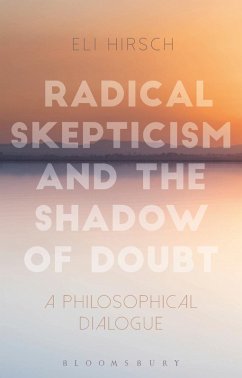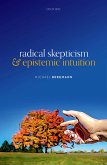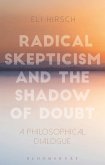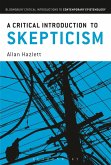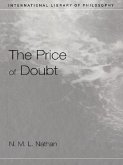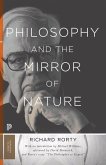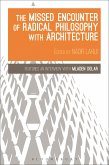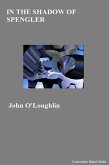Radical Skepticism and the Shadow of Doubt brings something new to epistemology both in content and style. At the outset we are asked to imagine a person named Vatol who grows up in a world containing numerous people who are brains-in-vats and who hallucinate their entire lives. Would Vatol have reason to doubt whether he himself is in contact with reality? If he does have reason to doubt, would he doubt, or is it impossible for a person to have such doubts? And how do we ourselves compare to Vatol? After reflection, can we plausibly claim that Vatol has reason to doubt, but we don't? These are the questions that provide the novel framework for the debates in this book. Topics that are treated here in significantly new ways include: the view that we ought to doubt only when we philosophize; epistemological "dogmatism"; and connections between radical doubt and "having a self."
The book adopts the innovative form of a "dialogue/play." The three characters, who are Talmud students as well as philosophers, hardly limit themselves to pure philosophy, but regale each other with Talmudic allusions, reminiscences, jokes, and insults. For them the possibility of doubt emerges as an existential problem with potentially deep emotional significance. Setting complex arguments about radical skepticism within entertaining dialogue, this book can be recommended for both beginners and specialists.
The book adopts the innovative form of a "dialogue/play." The three characters, who are Talmud students as well as philosophers, hardly limit themselves to pure philosophy, but regale each other with Talmudic allusions, reminiscences, jokes, and insults. For them the possibility of doubt emerges as an existential problem with potentially deep emotional significance. Setting complex arguments about radical skepticism within entertaining dialogue, this book can be recommended for both beginners and specialists.

